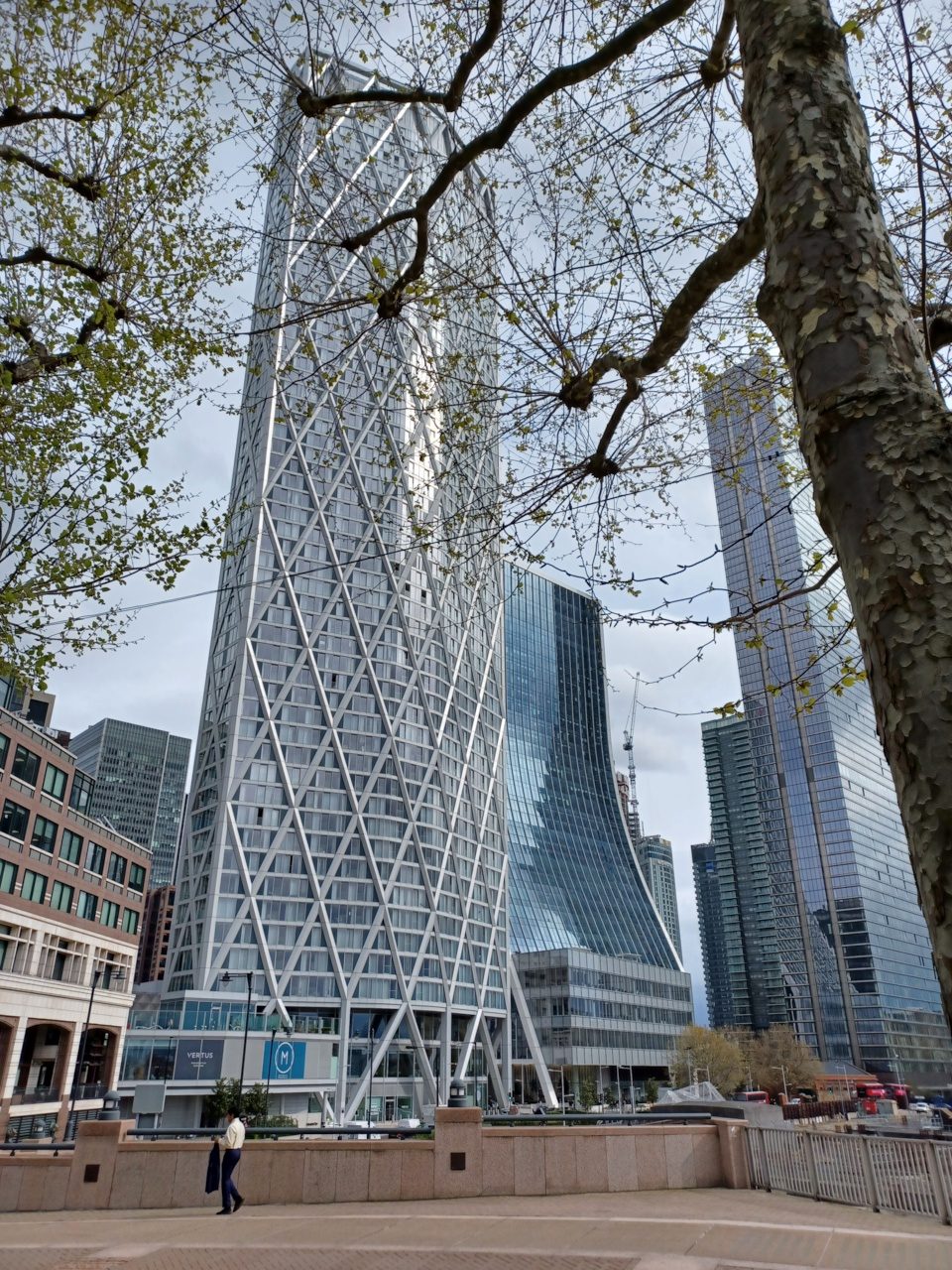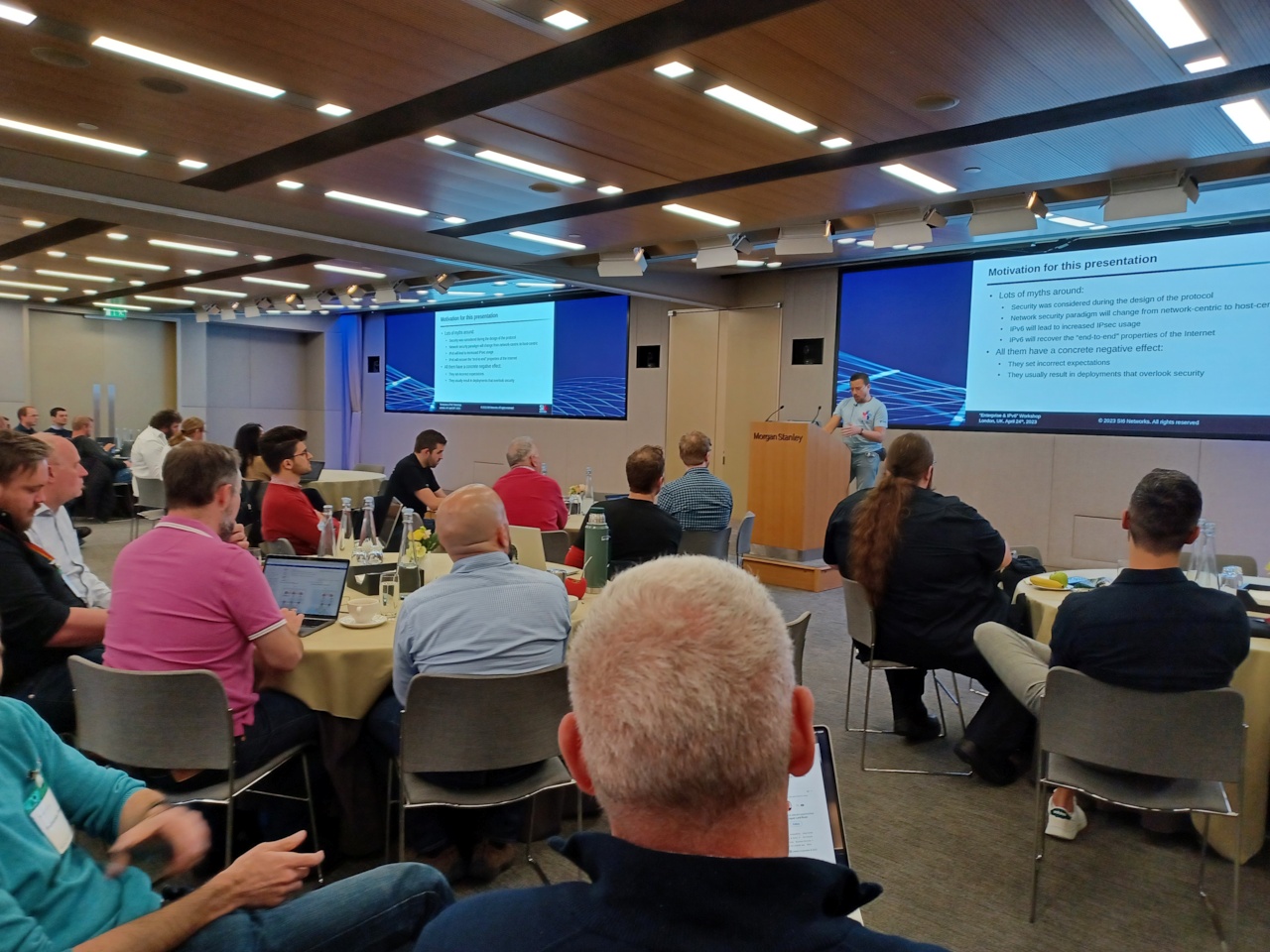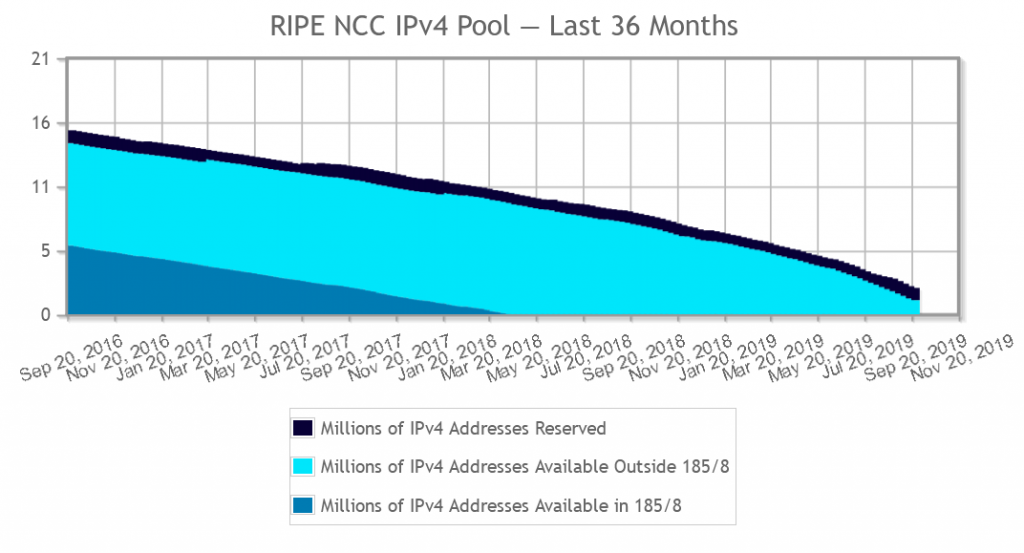The UK is preparing for a huge technological change. By the end of 2025, the historic analogue network, used to make most phone calls from our landlines and also used for broadband, will have reached the end of its life. And a new digital phone network is taking its place.
The new network will provide a future proof, more reliable and dependable broadband service that will support the UK for decades to come.
The upgrade to a digital line supports the next generation of voice calls – higher quality, fewer faults and less maintenance, as well as being better for the environment. Landlines are going digital across the UK.
This means voice calls will soon be over a digital line – in the same way broadband works.
This change will affect almost everything that currently plugs into an analogue telephone wall socket. This includes any equipment that may be provided to clients and customers, or equipment they purchase to utilise the services on offer.
To manage this, 2020Media will no longer offer analogue phone lines after 31st August 2023. This also affects services over analogue phone lines such as ADSL.
Instead, 2020Media will offer a new product called “SoGEA” which is equivalent to Fibre to the Cabinet (FTTC). This offers high speed internet without the seperate cost of a phone line.
Telephony service will move to a Voice over IP solution, commonly known as VOIP.






